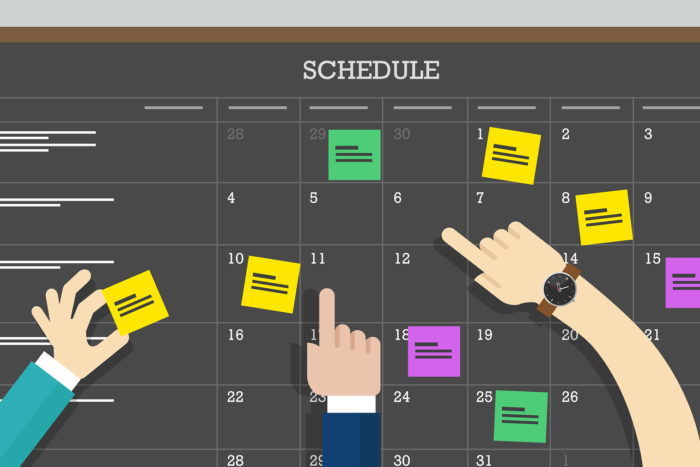What Is the Best Time of Day to Work?
The best time of day to work depends on you — here’s why.
One of the best things about self employment is the ability to set your own schedule. But if you want to maximize your productivity, is it better to work at certain times of the day over others?
Working shortly after you wake up may be the best option. Research shows that people tend to be happier when they first wake up than during other times of the day. In addition, people are more likely to avoid distractions in the first few hours after they wake up.
The key takeaway from this research: getting work done sooner rather than later is typically the best approach — and how you approach your work has far-flung effects on your ability to get it done to the best of your ability.
How to Find the Best Time of Day to Work
To be a successful self-employable, you don’t need to work during standard operating hours. You do, however, require a healthy work-life balance. In order to establish this balance, you need to make a schedule that accounts for both your personal and professional lives.
A work schedule plays a key role in your success as a self-employable. If you develop and maintain a work schedule that suits you well, you can stay happy, healthy and productive.
Now, let’s look at five tips to help you create and keep a work schedule that works for you.
1. Establish Priorities
Set up two types of priorities: urgent and important. Urgent priorities are time-sensitive, whereas important priorities support your long-term mission and goals. When forced to choose between urgent and important priorities, important should always take precedence.
2. Be Flexible
When the world changes, adjust. Revise your schedule as needed over the course of a day. And if you don’t get all of your daily tasks done, realize that you’ve tried your best, and there’s always tomorrow.
3. Use Technology
When I Work, Doodle and other free software make it easy to manage your schedule. Experiment with different apps on your smartphone, tablet and other mobile devices, and you may find one that helps you get the most out of your schedule.
4. Make Time for Yourself
Work can get overwhelming, so is it crucial to set aside time for yourself. Even taking a few minutes to go for a walk or enjoy a snack can help you alleviate stress and recharge.
5. Evaluate Your Schedule
Track how you use your time. By performing weekly or monthly schedule audits, you can identify your time management strengths and weaknesses and find ways to maximize your time.
Finally, accept a work schedule for what it is — a tool that you can use to organize your workload and manage your time. After you establish a work schedule that works for you, follow it, maintain it and find ways to improve it.








